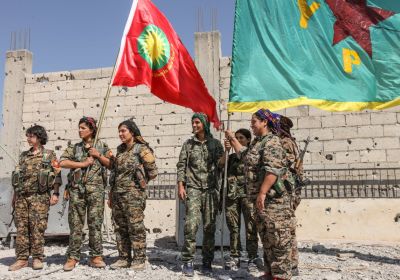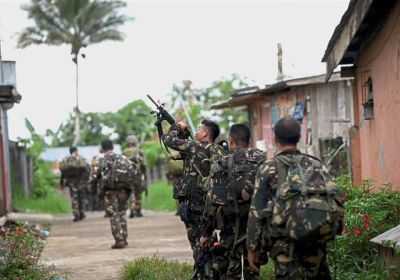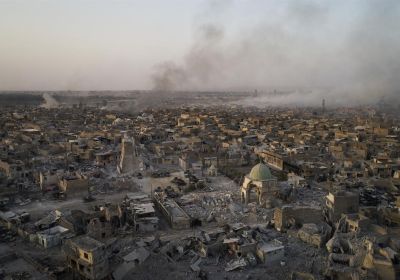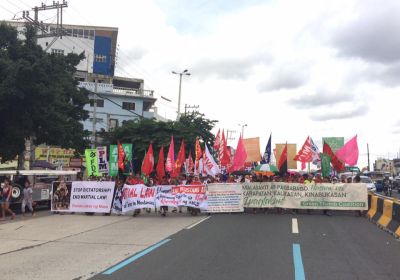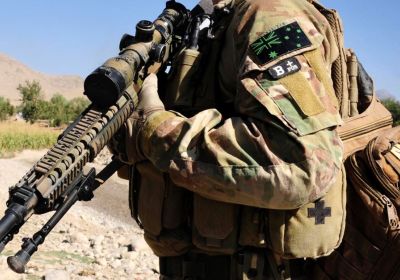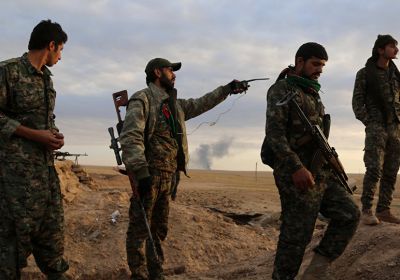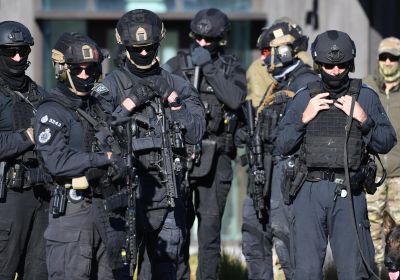
Afrin invasion: Turkey attacks northern Syria’s democratic revolution — with Russian and US approval
Three years after Kurdish-led forces liberated the northern Syrian city of Kobane from ISIS — after a months-long siege that captured the world’s imagination — the democratic, multi-ethnic and feminist revolution in Syria’s north is facing a new assault.



